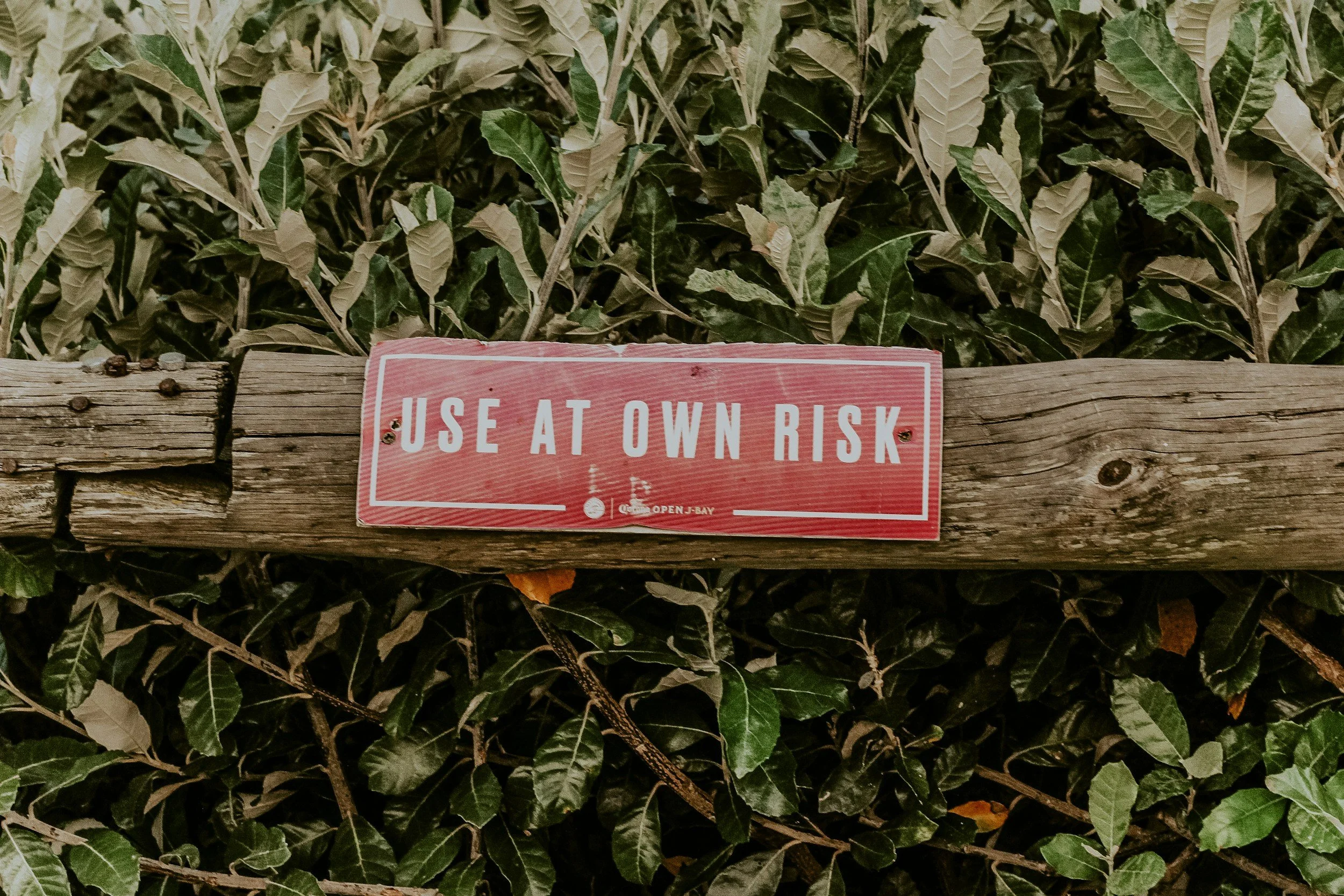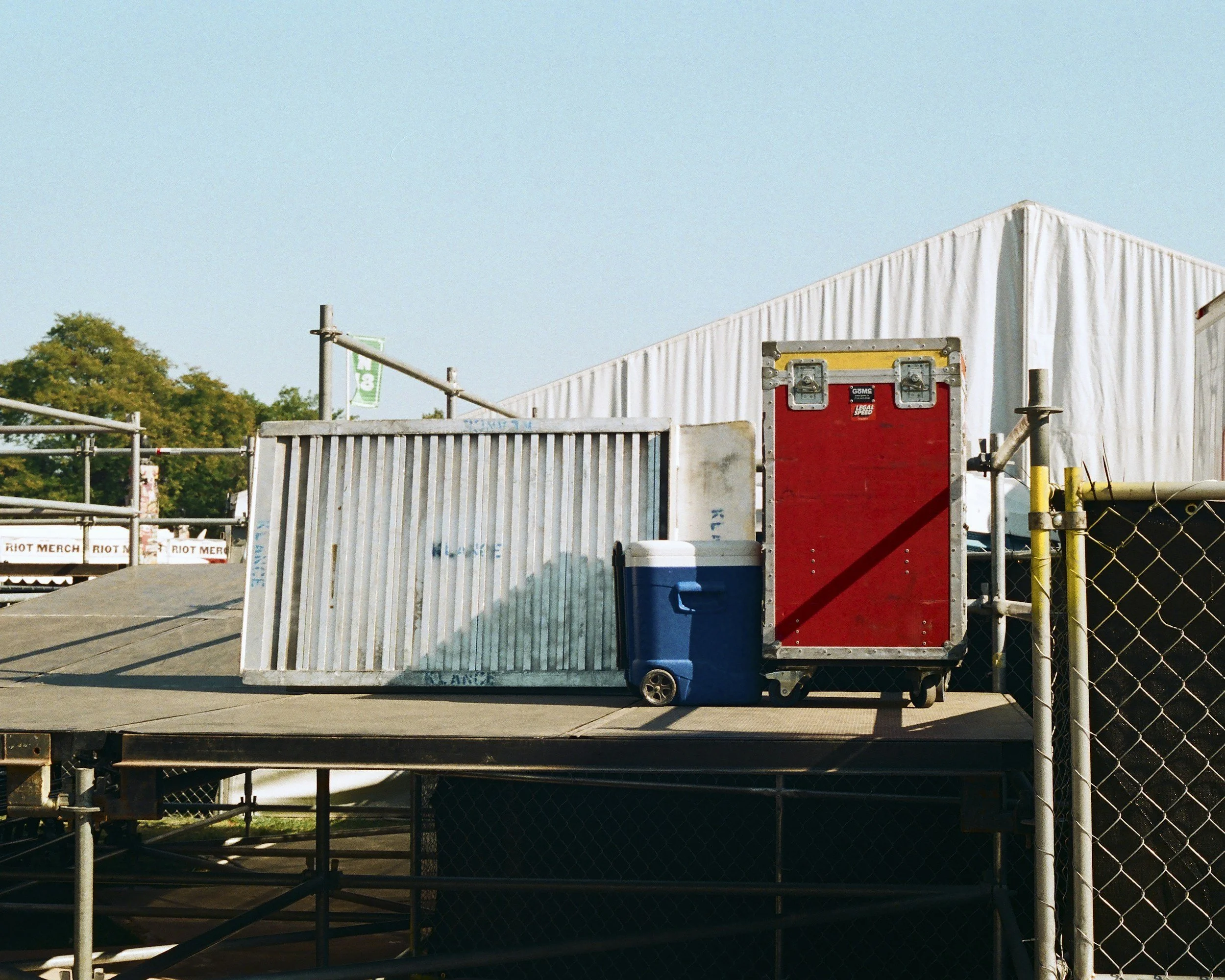Managing Safety at Public Events
Public events are exciting, dynamic, and often unpredictable.
With crowds, infrastructure, and live elements all in play, safety can’t be an afterthought—it has to be baked into your planning from day one.
Whether you're hosting a street festival, market, community day or outdoor concert, managing risk and safety is one of the most important (and legally essential) parts of your role.
This article breaks down the practical steps for managing safety at public events, so you can deliver an event that’s not just memorable, but responsibly run.
Start With Risk, Not Just Response
Too many safety plans are reactive—a list of what to do if something goes wrong. That’s important, but it’s only half the job.
Real safety planning starts with:
Identifying potential hazards
Understanding who they affect
Reducing or eliminating the risks before the event begins
It’s not just about having a fire extinguisher. It’s about asking why something might catch fire in the first place—and fixing that.
Key Areas of Public Event Risk
Here are the most common risk categories you need to consider:
1. Crowd Management
How many people are expected?
What happens if more show up?
Are there clear entry/exit points?
Can emergency services access the site?
2. Weather Conditions
What happens if it rains? If it’s 40°C? If the wind picks up?
Is your infrastructure rated for wind?
Do you have access to shade and water?
3. Infrastructure & Installations
Are marquees, stages, and lighting rigs safely installed?
Who is responsible for signage, fencing, and barriers?
Are trip hazards clearly marked?
4. Medical & First Aid
Do you have professional first aid on site?
Where are they located?
Do your staff know how to get help quickly?
5. Power & Electrical
Are cables protected and secured?
Are generators properly ventilated and earthed?
Who is monitoring power load and outages?
6. Lost Children & Vulnerable People
Do you have a reunification process?
Is it communicated to staff and signage visible?
7. Waste & Hygiene
Are there enough bins? Are they being emptied?
Are toilets clean, well-lit, and accessible?
Your Legal Responsibilities
If you're the organiser, you are legally responsible for providing a safe environment — even if you outsource tasks. That means:
Conducting a risk assessment
Developing a safety or emergency management plan
Complying with council or venue requirements
Ensuring all vendors and contractors hold the correct insurances and certifications
Keeping records (yes, even if “nothing happened”)
Pro Tip: Check local laws or WorkSafe guidelines in your region. In Australia, duty of care applies even for free, volunteer-run events.
What Goes Into a Safety Plan
Emergency evacuation map and procedures
Roles and responsibilities
Communication protocols (e.g. two-way radios, code language)
Location of emergency exits, fire extinguishers, first aid
Severe weather response
Incident reporting process
Contact numbers for security, police, ambulance
This document should be shared with all staff and contractors well before the event.
Don’t Just Plan It — Brief It
One of the most common safety failures? Not briefing the crew. If your staff don’t know the plan, the plan won’t work. Hold a team safety briefing before the event starts. Keep it short, practical, and specific to your site.
🛡️ The Event Risk Management Kit includes essential tools for public event safety — from site maps to emergency response plans.
Final Thoughts
Public events come with real risks but they can be managed with foresight, structure, and good documentation.
Safety isn’t about ticking boxes. It’s about protecting people. And when you handle it well, it becomes one of the most empowering parts of your role as a planner.
Need help getting started? The Event Kit Risk Management Template walks you through every step including hazard ID, rating, and control strategies.
You Might Also Like
Meet Your Mentor
Hey! I’m Rachella — founder of Event Kit and an Event Consultant with 25+ years of experience running world-class festivals and public events. I created Event Kit because I knew there had to be a smarter, less overwhelming way to plan pro-level events.
EVENT KIT LIBRARY
Guides & Tutorials: Expert Insights & Event Planning Inspiration
Your go-to for practical event planning advice, from beginner basics to smart professional development.














